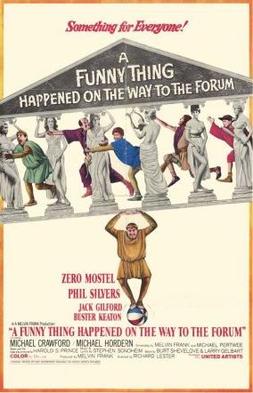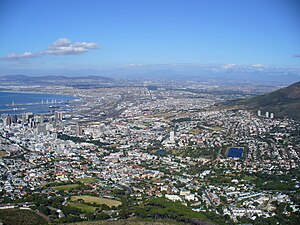This Tuesday evening I attended the last of 150 parties held worldwide to mark the publishing of '
Common Prayer: A Liturgy for Ordinary Radicals'. There were two parties in England, in Birmingham and Sheffield, and two in Scotland.
Common Prayer has been published through the
New Monasticism movement in the United States. For those of us who have been following 'The Big Silence' on the BBC, where Father Christopher Jamieson of Worth Abbey introduced five people to an eight day retreat, the demand for monastic spirituality in everyday life will be familiar.
So, does Common Prayer contribute to meeting this demand? It is difficult to offer a categorical answer at this stage because I've held it in my hands, at the time of writing, for less than 24 hours but I think it is certainly to be welcomed as an interesting experiment .
Common Prayer comprises liturgies for small groups. It's not meant specifically for personal devotion or for use in large congregations. It is for small groups meeting all over the world. The introduction claims there are 38 000 denominations in the world and the hope is these prayers will be said in the knowledge someone will be praying the same prayers at the same time elsewhere in the world. This is not to say this book is not suitable for use by the individual alone and indeed, if it is being prayed all the time, there is a sense in which the solitary is not alone.
It is a little unfortunate this book is called 'Common Prayer' because in England, there is the possibility of confusion with the Church of England's
Book of Common Prayer. It is likely to be less confusing in other parts of the world. It would be a pity if this proved to be a problem because this new book offers a radical take on liturgy. Of course, there are various interpretations of what is meant by radical Christianity but at first reading it seems to feature a good deal of challenging material, especially in its commitment to the Christian faith as an alternative to contemporary consumer society.
The book is divided into 5 sections. By far the largest is the section for morning prayer. There are also midday and evening prayers. The remainder is prayers for special occasions and fifty worship songs. There is a
website which it seems will eventually have additional material on it although at present, it seems to be restricted to what's in the book. This is no bad thing because if you're interested, you can sample what's on the site before committing to a purchase.
The morning prayers cover about 450 pages, with a liturgy for each day of the year (with an additonal section for Holy Week). The advantage of this is it means there is no need to construct each day's liturgy with several bookmarks. It is based on the three year lectionary and I suspect, after it has been used a couple of times, users may find it less flexible than the tradition 3 or 5 year cycle. One attractive innovation is the marking of saints days and inclusion in the liturgies of accounts of the lives of the saints. The saints are not restricted to those recognised by those traditions who formally recognise Saints with a capital 'S'. Throughout, the liturgies draw on both contemporary and traditional material.
There's only one way to fully evaluate a book such as this one and that is to try it out and so various groups to which I belong can expect a dose of common prayer over the next few months (or longer if it proves popular).
Ultimately, this is a collection put together by a community of communities of radicals and so has all the advantages and disadvantages of a liturgy that has not been put together to appeal to the widest range of theologies by a committee that applies academic rigour. It is a living text at least for the moment and might provide inspiration if you are disposed to a radical approach to the faith in solidarity with the global church.
 Image by urtica via Flickr
Image by urtica via Flickr



































